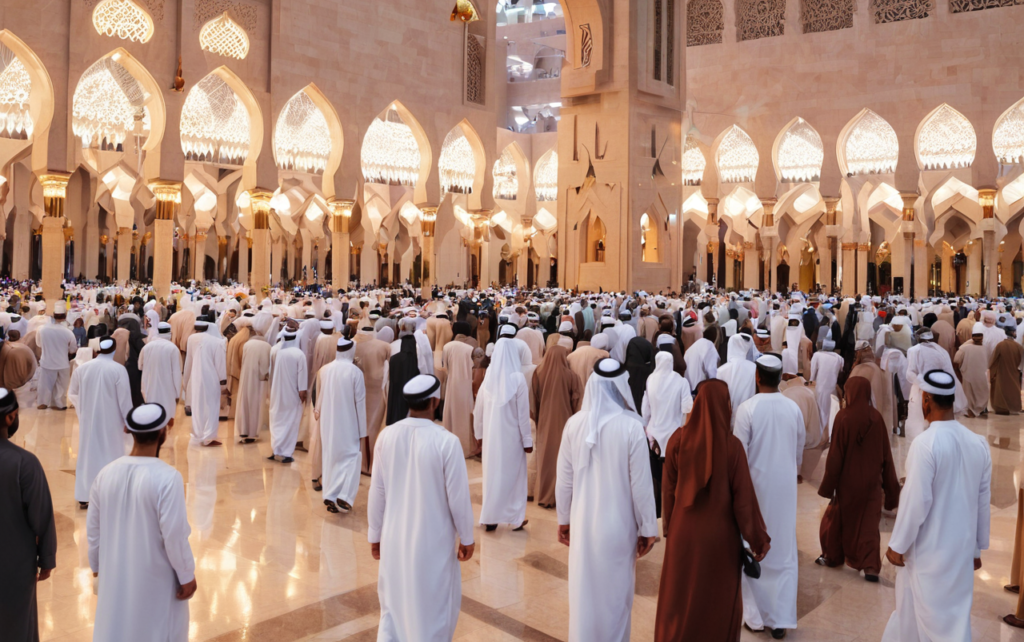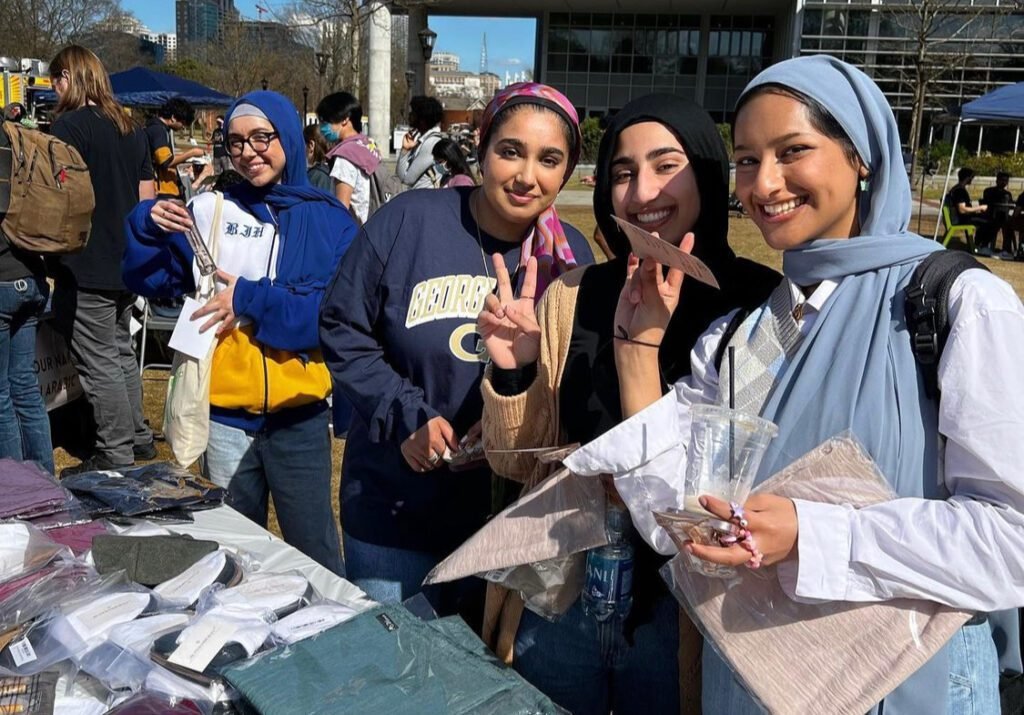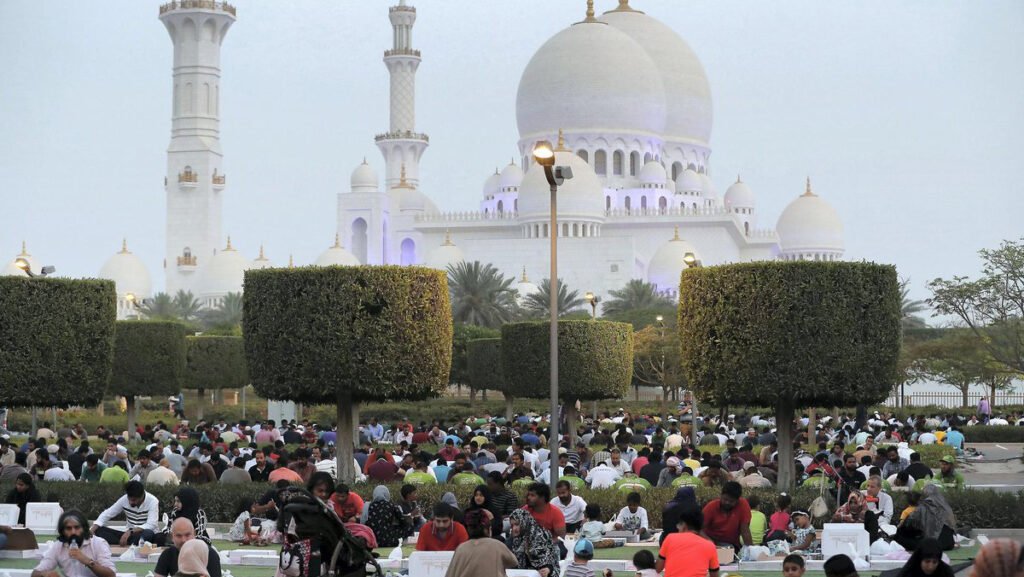Ramadan, the holy month of fasting, is a time of reflection, spiritual growth, and community for Muslims around the world. In the UAE, Ramadan is not just a month of personal devotion but also a time to celebrate the hard work and dedication of educators and students. Schools in the UAE embrace the spirit of Ramadan, with activities that honor both students and teachers, bringing the community together in meaningful ways.
The Significance of Ramadan in UAE Schools
For Muslims, Ramadan is a sacred month of fasting, prayer, and charity. Fasting from dawn to sunset can be challenging, especially for students and teachers who are involved in school activities. Despite the physical demands, Ramadan offers an opportunity for spiritual growth and deep reflection. It’s also a chance for schools to come together to celebrate the values of patience, empathy, and unity.
In the UAE, which has a large Muslim population, schools often create special programs and activities to ensure that the Ramadan spirit is felt throughout the school year. These programs aim to promote understanding, respect, and kindness, both among Muslim and non-Muslim students.


A Time to Honor Educators
During Ramadan, UAE schools make a conscious effort to show appreciation for the hard work and commitment of their teachers. Teachers, who often spend long hours in the classroom, play a crucial role in shaping the lives of students. Ramadan is a perfect opportunity to honor their contributions.
Many schools hold special recognition ceremonies during Ramadan to express gratitude to educators. These ceremonies often include thank-you speeches, small tokens of appreciation, and heartfelt messages from students and administrators. It’s a way of showing that teachers’ hard work is not just recognized but also deeply valued.
Furthermore, schools offer flexibility to teachers during Ramadan. For example, some institutions adjust the teaching schedule to accommodate those fasting, allowing for shorter class hours or extra breaks to ensure teachers stay energized and healthy. This shows the importance of supporting teachers during Ramadan, recognizing the physical and emotional challenges fasting may bring.
Students Join the Celebration

For students, Ramadan is a time of learning, reflection, and growth. Schools in the UAE often organize special activities to help students understand the true meaning of Ramadan, not only as a time of fasting but also as a time for compassion, generosity, and community service.
Many schools conduct interactive lessons on the significance of Ramadan, explaining its importance in Islam. These lessons go beyond just the rituals of fasting; they focus on the values of self-discipline, empathy for the less fortunate, and spiritual growth. Non-Muslim students also have the opportunity to learn about the cultural and religious practices of their Muslim peers, fostering intercultural respect and understanding.
Community Iftar and Shared Meals
One of the most significant events in UAE schools during Ramadan is the community Iftar (the meal to break the fast). Schools organize Iftar gatherings where students, teachers, and even parents come together to share a meal. These meals are often served after sunset, allowing everyone to come together after a long day of fasting.
For many schools, Iftar is not just about food but about building connections. Students and teachers, Muslim and non-Muslim alike, gather to share in the spirit of giving. These shared meals help strengthen bonds and foster a sense of belonging within the school community. Many schools also use Iftar as an opportunity to raise funds for charitable causes, reinforcing the Ramadan principle of giving back.
Encouraging Acts of Charity
Charity is at the heart of Ramadan, and UAE schools emphasize the importance of giving to those in need. Many schools run charity drives during the holy month, encouraging students and teachers to donate food, clothes, or money to those less fortunate. These drives teach students about social responsibility and the joy of helping others.
In some schools, students may participate in organizing charity events or visits to local orphanages, hospitals, or community centers. These experiences help students develop empathy and understand the importance of community service. Through these acts of kindness, the entire school community is reminded of the deeper values of Ramadan: generosity, compassion, and sharing.
Fostering Unity and Understanding
The celebration of Ramadan in UAE schools is not limited to Muslim students and teachers. It also provides an opportunity to foster a sense of unity among all members of the school community, regardless of religious or cultural background.
Schools in the UAE encourage respectful participation from non-Muslim students. While they may not be fasting, non-Muslim students often participate in Ramadan-related activities, such as charity drives, Ramadan-themed lessons, and shared Iftar meals. This fosters an atmosphere of inclusivity and helps create a deeper understanding of Islamic traditions.
Many schools also take steps to make sure that non-Muslim students feel comfortable during Ramadan. For example, schools may offer quiet spaces for students who are not fasting to have their meals without disrupting fasting students. This thoughtful approach ensures that everyone feels respected and included in the school community, regardless of whether they are fasting.
Supporting Mental and Physical Well-being
Fasting during Ramadan can be physically and mentally challenging, particularly for students and teachers who are juggling academic responsibilities. UAE schools recognize the importance of mental health and well-being during this time.
To support students and teachers, many schools offer special programs on health and wellness. These programs focus on how to stay hydrated, eat healthy meals before dawn and after sunset, and manage energy levels during the day. Teachers are also encouraged to monitor their students closely, making sure they are coping well with the physical demands of fasting.
In addition to these physical well-being programs, schools may also provide counseling services for students who might find the challenges of Ramadan overwhelming. This ensures that students’ emotional health is also supported during this busy and reflective time of the year.
Reflection and Gratitude
Ramadan is a time for reflection and gratitude, and schools in the UAE use this opportunity to encourage both students and teachers to take a moment to pause and appreciate the blessings in their lives. Students may be asked to reflect on the importance of their education, their relationships with others, and their role in contributing to the community.
Teachers also take the time during Ramadan to reflect on their own personal and professional growth. Many educators find Ramadan to be a time of spiritual renewal, and they often share personal stories of growth and gratitude with their students, providing valuable life lessons about perseverance and faith.
Conclusion: Celebrating Togetherness During Ramadan
Ramadan is more than just a time of fasting in the UAE—it is a time for celebration, reflection, and unity. Schools in the UAE have found meaningful ways to celebrate educators and students during this holy month, promoting values of kindness, generosity, and respect.
Through special programs, charity drives, shared meals, and acts of kindness, the school community comes together to honor the spirit of Ramadan. By celebrating the hard work of teachers and the dedication of students, Ramadan becomes a time to reflect on what truly matters—community, compassion, and personal growth.
Also read: Unlock the Secrets of Ramadan Flavors with Dubai’s New Recipe Guide!













